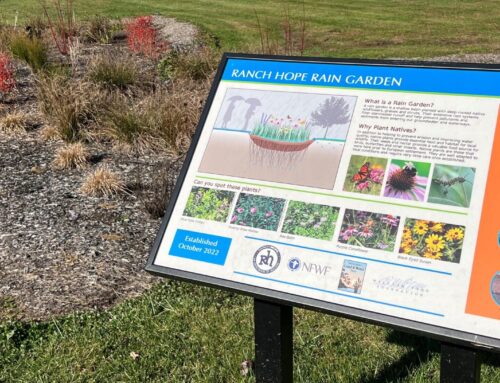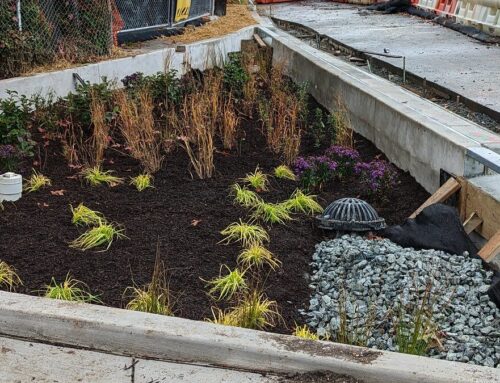The City of Charlotte, North Carolina has adopted a “50% in 2050” city-wide tree canopy goal in recognition that trees and other green and open spaces are central elements to connect urban places and create access to the natural environment in Charlotte; and that the urban forest generates resiliency, sustainability, and supports a livable and healthy Charlotte. In 2020, the City’s Department of Planning, Design & Development led a study to better define policies that preserve, restore and enhance tree canopy in the context of the City’s anticipated growth. The City contracted with the Center for Watershed Protection (CWP) and Urban Canopy Works to assist with this tree canopy policy study by evaluating existing tree canopy, assessing the City’s development regulations, engaging stakeholders, and providing a set of recommendations for ordinance or policy improvements that complement the Charlotte Future 2040 Comprehensive Plan.
CWP assessed and quantified existing tree canopy in the City, as well as the change in canopy from 2012-2018, across various spatial scales (e.g., watershed, land use type, neighborhood). This work built upon an analysis by the University of Vermont that showed the City lost 8% of its urban tree canopy between 2012 and 2018. CWP also compared existing canopy metrics for the City’s neighborhoods with socioeconomic data to evaluate relationships and identify opportunities for increased and equitable access to greenspace. CWP’s analysis also included a summary of the quantified benefits of the City’s urban forest, such as air quality, energy savings, and property values.

Next, CWP used its Forest Friendly Code and Ordinance Worksheet to review the City’s regulations in terms of their ability to protect trees during development and encourage new tree planting. CWP used the results to provide detailed recommendations for improving local development regulations and also researched how other similar cities address tree preservation and funding in their ordinances and incorporate innovative approaches such as Green Area Ratios. The integration of spatial data on canopy coverage and loss with review of policies governing land development provided a unique opportunity to highlight where canopy loss is occurring and identify policy changes to reduce this loss.
CWP and Urban Canopy Works presented their findings to stakeholders and the study recommendations have been incorporated into the City’s draft Tree Canopy Action Plan. The Tree Canopy Action Plan is a companion document to the Charlotte Future 2040 Comprehensive Plan and will guide changes to City codes and ordinance proposed as part of the upcoming Unified Development Ordinance, an effort to streamline all City code into one document for easier and better compliance. The final Tree Canopy Action Plan will be posted on the City’s Tree Canopy Action Plan webpage when finalized.
For more information about this project, contact Bill Hodgins at wh@cwp.org.
“We’ve so enjoyed working with you to develop the Tree Canopy Action Plan and look forward to advancing the policies and code concepts within it through the Comprehensive Plan and the Unified Development Ordinance.” – Andrew Ausel, City of Charlotte Planning, Design and Development






